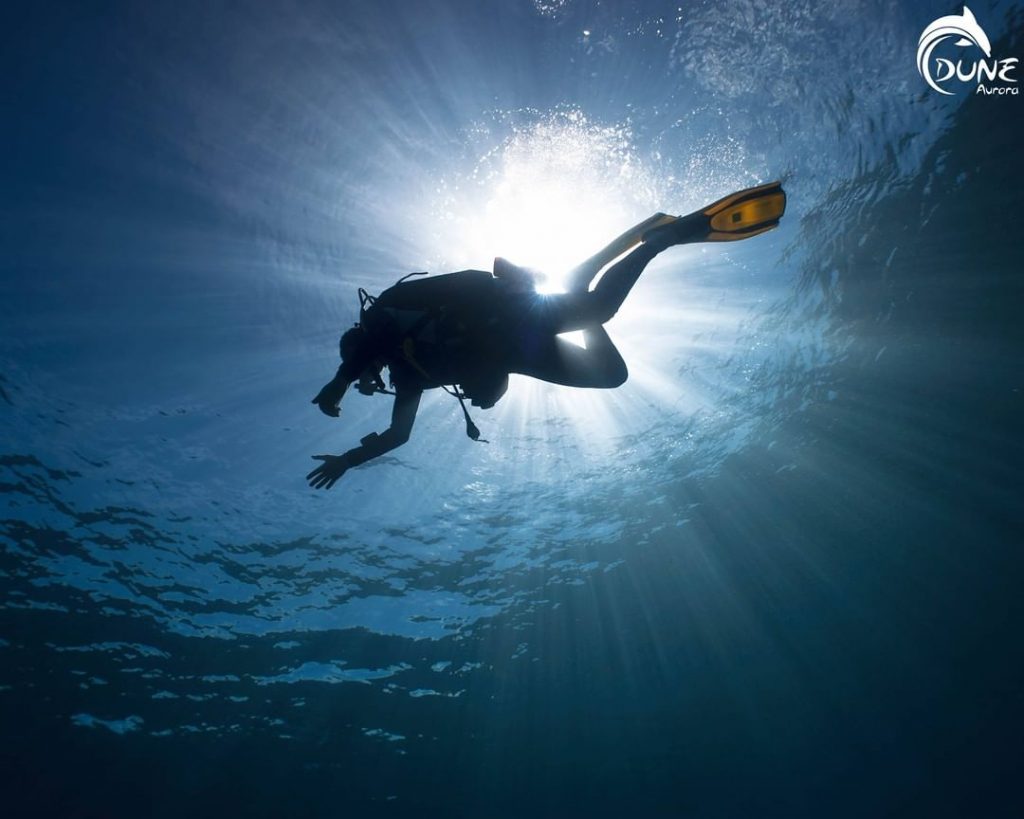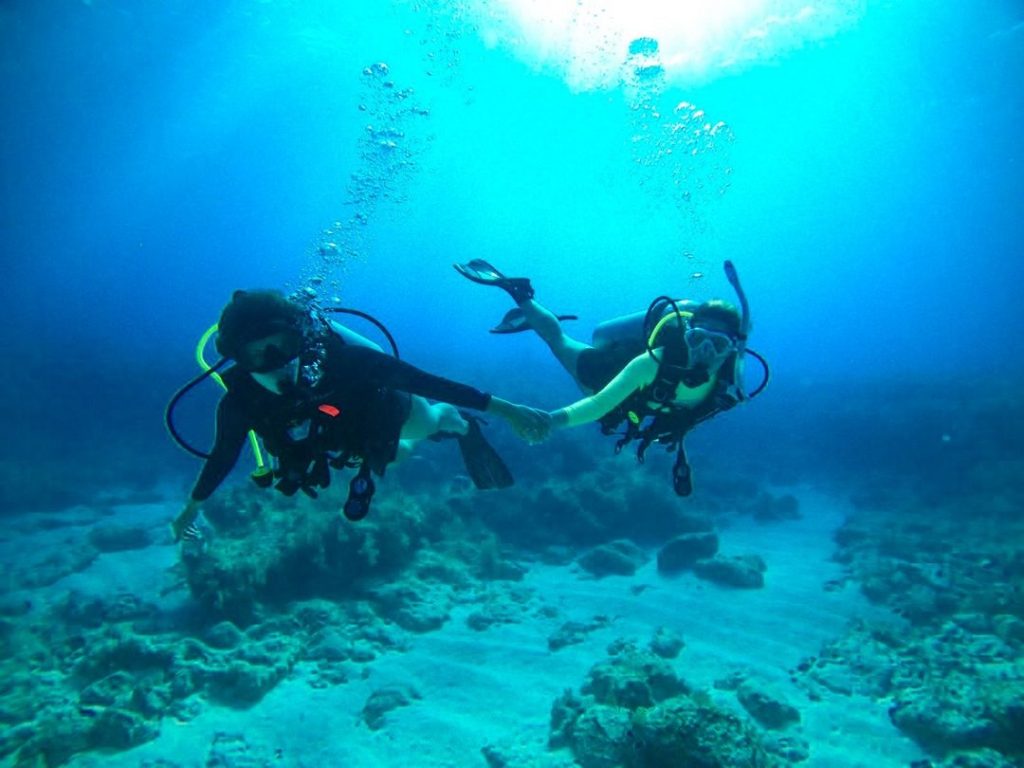
The quiet underwater has never failed to mesmerise us with their weird and wonderful creatures that lives in the world of blue. From the high-and-mighty sharks to the vibrant colourful nudibranch between the corals bed, it’s always thrilling to explore the unknown ocean. Even when it means taking full courses to breathe on and survive the underwater. However, not everyone who start learning scuba diving feel instantly at home when they first dive the ocean. Half of scuba diving beginners get panic attack and diving anxiety. It could be very dangerous and life threatening, but don’t feel too bad about it. After all, breathing from a tank under the water and being surrounded with water and darkness aren’t the most natural for us. Having anxiety and panic attack underwater doesn’t mean you cannot go back in to this beautiful ocean.
Panic attack and diving anxiety is more common than you think. It even happened to seasoned divers. You just need to know the triggers and ways to manage them so you can improve the anxiety.
Diving Beginners Anxiety: the Sudden Claustrophobia
One of the most common and unexpected anxiety amongst diving beginners is claustrophobia. Many divers don’t even know they have claustrophobia until they take the plunge and they were people who are comfortable with swimming and water to begin with. However, it become a different story when you’re descending the ocean. For land-dwellers who’s always surrounded by light, the open water could feel very dark with absolutely nothing to see. The darkness starts closing in and, for some people, this feel like being confined in a narrow space. Claustrophobia anxiety could lead to difficulty breathing, which lead to faster and uncontrollable breathing, which against the very basic of diving.
The Panic Attack

The second anxiety problems for diving beginners is panic attack, and this could be caused by various reasons. Most common causes amongst beginners are foggy scuba mask, misplaced gears, fault of scuba diving equipment, losing sight of buddy, and many more. In a place where everything has to run perfectly to ensure your safety, even minor inconvenience could lead to panic attack. Panic attack amongst divers usually start with an uncontrollable wave of fear and accompanied with irrational thinking. When something goes wrong, a beginners’ survival instinct would kick in to escape from the underwater to the “safe place”, which is the surface. When a diver is in panic, most often they would breathe too fast and too hard, emptying their tank, or bolt to the surface and forgetting the basic lifesaving techniques that they have learned during the scuba lessons.
Taking Control of the Panic Attack during Diving for Beginners
It’s extremely important for divers to divert their focus on problem-solving techniques in the moment of panic attack. You have to constantly remind yourself to stay relaxed and sometimes force the mind to concentrate on the problem solving. Regain your composure and don’t let the urge sense of fleeing takes control. Remember the mantra: stop — breathe — think — act. It’s very helpful not only for diving beginners, but also the advanced.
Keep Reading:
- Diving the Wreck in Bali: Underwater Photography Guide
- Seeking for a Thrill? Try Diving from Komodo Liveaboard!
- Bali Diving Course To Become Open Water Diver
Always Reach Out to Your Diving Buddy/ Divemaster
When you start having the symptoms of panic attack/ claustrophobia, reach out to your instructor immediately. Remember the hand signal to let them know that you need help. Don’t wait until it goes away by itself because you might get too carried on with the panic and beyond saving. Instructors know how to calm a panicked divers, leading a slowed-down breathing to ease the panic. When you have calmed down, the instructor and you can guide you to ease the phobia or
start working on the issues or fixing a technical problem that triggers your anxiety. Keep breathing and keep swimming!
